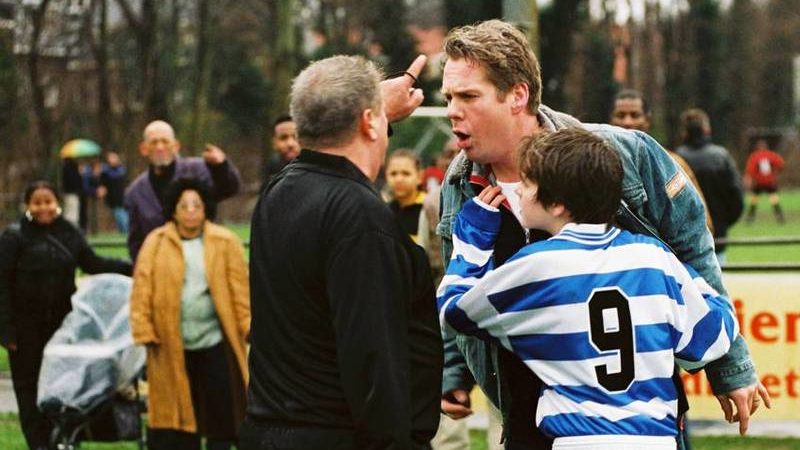Athletic directors are responsible for coach certification
In the last few years, coaching education and national certification have grown and moved to center stage. These efforts are important and necessary to move high school coaching to a higher level and for those involved to be accepted as professionals.
 In spite of the development of new National Federation of State High School Associations (NFHS) courses and the implementation of their national coaching certification program, there are too many coaches who aren’t involved. Too many coaches may not even be aware of the courses, certification and their importance.
In spite of the development of new National Federation of State High School Associations (NFHS) courses and the implementation of their national coaching certification program, there are too many coaches who aren’t involved. Too many coaches may not even be aware of the courses, certification and their importance.
Therefore, why don’t more coaches take courses and earn their certification? As difficult as it might be to suggest, the onus really falls on the shoulders of the athletic directors around the country.
In the very real sense, athletic directors are and should be the Coach of Coaches. While an athletic director definitely has a full plate of tasks and responsibilities, nothing is more important than guiding or mentoring his or her coaching staff.
The better coaches that you have in your program, the fewer problems you should have. Great coaches with a foundation in education-based athletics provide their athletes with a fantastic educational experience and there are usually less problems associated with your program. It really is a no-brainer.
Too many excuses, however, are offered by some athletic directors as to why their coaches aren’t members of professional associations, take courses and ultimately earn their national certification. Two of the most commonly expressed ones are: cost and interest.
Cost of education
Coaches simply find that education is too expensive for them. Membership in the Maryland State Coaches Association, which also includes membership in the NFHS Coaches Association, for example, costs $16. And this is too expensive? If you are located in another state without a dual membership agreement, it cost $30 to joinbut this still isnt expensive.
The NFHS Fundamentals of Coaching Course, which is taken online, costs $45. How is this is too costly? Try calculating these costs versus the stipend that many coaches receive for their seasonand the membership and course registration fees are a mere pittance. The excuse of the cost is simply a rationalization and a poor one at that. Even if coaches claim they can’t pay, there still are things you can do.
Even though the economy is slowly improving around the county, it is understandable that some districts may not be able to cover the full cost of their coaches professional memberships and for taking courses. But don’t just throw your hands up and proclaim that, We can’t do anything.
Go to your booster club and explain the importance and benefits of coaching education and certification. If the boosters understand that better-informed and certified coaches directly affect the student-athletes and programs, they might be willing and able to help. After all, booster clubs exist to help athletic programs. What better initiative could there be?
If you don’t have a booster club or they are unable to assist, host a special fundraising project to provide money for coaching education. Invitational tournaments, golf tournaments, flea markets, pancake dinners and a whole host of one-day events can be devoted to this goal. If the fundraiser benefits your coaching staff by supplementing the fees for the NFHS courses and certification, the coaches probably will be more inclined to help.
Even in this challenging economy, many schools have been able to maintain their sponsorship programs. Since this income does not usually cover budgeted items, earmark a part of your sponsorship money for the professional developmentmembership and certificationfor your coaches.
In some communities, you might even be more successful in attracting new sponsors for your athletic program if you explain your purpose of providing coaching education. In fundraising circles, a specific goal or intended use of the money usually brings about better results.
Interest levels
I’ve mentioned it to my coaches but they don’t seem interested, is something athletic directors have said to me in the past about continuing education. Wait a minute. As the Coach of Coaches and as the athletic director, you are in charge. It is your job to guide, counsel, motivate and finally evaluate the coaches on your staff. The steps to become a better professional, who ultimately affects our student-athletes, shouldn’t be an option left to coaches. The athletic director is the one to determine the direction of the program.
The key to coaching education and certification is youthe athletic director. As with all other aspects of the athletic program, you set the expectations for your coaches. Take charge and get your coaches to join the professional association and complete their national certification.





